For voters, it’s the economy (and housing and energy)
China’s threat of annexation wasn’t the major issue determining how Taiwanese voted.
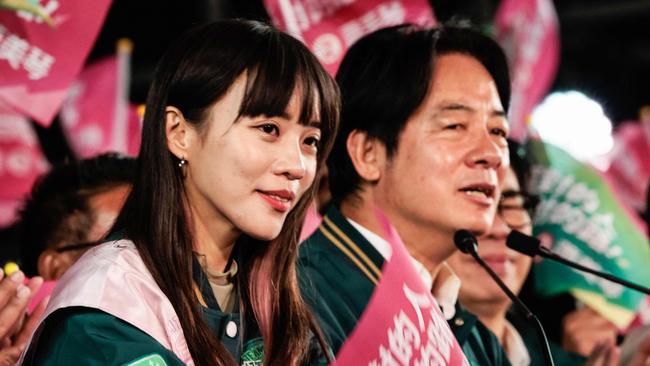
A scooter rider shouted “It’s a lovely day for voting!” as he revved up alongside and we waited – me on the pavement – for the lights to change at a Taipei junction.
It was on Taiwan’s election day a week ago. When I agreed, then answered his question about where I was from, he added: “It’s always lovely in Australia!”
Taiwan is a disarming place to visit, especially during what China’s ambassador to Australia Xiao Qian on Wednesday dismissively called its “local provincial elections” – although of course the People’s Republic has never risked holding a single election within China in its 74 years.
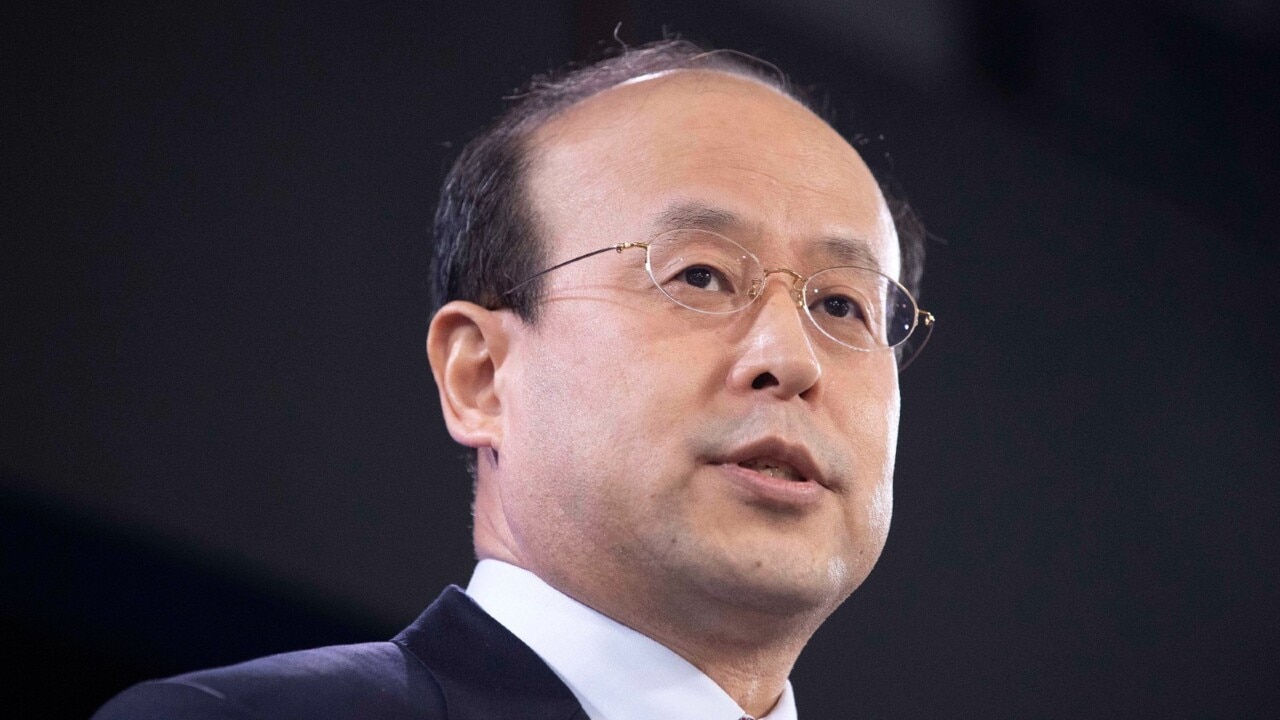
No one I met there – just as during three previous national elections – named China’s threat to annex Taiwan as the major issue determining how they voted.
Wages are a big concern, with the average annual income only $26,000. This is compounded by high housing costs, with a one to two-bedroom flat costing an average $500,000. Elder care and child care are also significant issues.
So is the long-fraught debate about energy. Forty years ago more than half Taiwan’s power came from nuclear energy, but that has been cut to 8 per cent as the ruling Democratic Progressive Party looks to phase it out altogether, while also aiming to reach 20 per cent of electricity generation by renewables next year.
Getting the energy mix right has strong strategic as well as ecological and economic drivers, given Taiwan’s lack of raw resources. It matters to Australia too, with coal sales – for generation, as well as for steel production – reaching $14bn and gas sales $9bn. And Macquarie Capital’s Green Investment Group has been a prime mover in funding wind farms off Taiwan’s coast.
The enthusiasm of Taiwanese people for elections – with 19 million of the 24 million population able to vote – is palpable. This time, 72 per cent of voters turned out, compared with 66 per cent at the 2020 US presidential election and 67 per cent at Britain’s 2019 general election.
About a quarter of a million people cheered and sang at each of the final rallies in Taipei of the three presidential candidates. In comparison, the PRC government does not trust the Chinese public to congregate for any major public occasion, instead restricting participation to Communist Party members and other vetted people.
Every Taiwan household is delivered an election kit with the personal details of all candidates. People vote – once they reach 20 – where they are registered, and changing this address can take time. Usually, this means that most vote where they grew up.
So trains and roads are choked on the day before elections. Many thousands also fly back from overseas to cast a vote, since postal or foreign voting is not possible.
The chief obstacle to permitting voting overseas is that so many Taiwanese live and work in China – about 400,000, although well below pre-Covid levels. To be able to vote credibly from there would require a completely secure online system or for Taiwan government representatives to oversee voting offline, which Beijing would never permit.
Election day itself has become – 28 years after Taiwan’s first presidential vote – a smooth and calm operation. At a typical polling station of the 17,794 such venues, at a large Lutheran church opposite National Taiwan University in Taipei, a queue formed outside, snaking through three huge purple heart-shapes designed for wedding photos. They were supervised by an official wielding a fan-shaped paddle that acted to indicate where voters should come, and as a badge of office.
Inside, the voters took out their personal “chops” or stamps, or more rarely signed, alongside their names on the forms overseen by electoral officials. Then they entered individual, curtained-off booths and used the stamps supplied to vote in three elections.
They cast a single vote for president, on a first-past-the-post basis. The winner on January 13 was centre-left DPP candidate William Lai with 40 per cent of the vote, beating the centre-right Kuomintang (KMT) or Nationalist’s Hou Yu-ih on 33 per cent.
Lai has been vice-president to Tsai Ing-wen, whom the constitution requires to stand down after two four-year terms, and whose administration has been pragmatic and progressive, for instance introducing same-sex marriage, a first in Asia. Lai will be inaugurated on May 20, becoming commander in chief of the military and appointing the premier. Laws must be promulgated by the president and countersigned by the premier, who appoints the cabinet.
The voters also chose a candidate for their local constituency of the legislative yuan or parliament. There are 73 such seats.
Their third vote was for a political party, to receive parliamentary seats “at large” in proportion to its electoral support, with a 5 per cent minimum cut-off. There were 34 such seats, while six more were reserved for Taiwan’s indigenous population.
This time the KMT gained thereby a total of 52 seats in the parliament, the DPP 51, and the centrist Taiwan People’s Party led by Ko Wen-je, who gained 26 per cent in the presidential election, eight seats. The new parliamentarians take office on February 1, after which the DPP government will need to horse-trade to pass legislation. Lai has said he will consider – for the first time in democratic Taiwan – involving other parties in his government team.
Votes were counted by hand – each one held up for view – in the polling stations, which any member of the public could witness.
Essentially, many voters wanted to indicate frustration with the DPP government after eight years in office but remained unconvinced that the KMT, which had its origins in mainland China, was sufficiently future-focused.
In the final week of the campaign, former KMT president Ma Ying-jeou caused much headshaking – and probably vote-switching – when he said Taiwan had to “trust” China’s paramount leader Xi Jinping, and that Xi was not really pushing to incorporate Taiwan.
The trauma surgeon Ko, who had become Taipei City mayor, picked up strong support among younger voters especially, but his TPP has yet to convince it is more than a one-man-party.
On just about every street in Taipei, signs point to air defence shelters. No one is naive about the threat to Taiwan’s future. This place – highly successful, socially and economically, dominating key global semiconductor markets – has been occupied three times, in a hostile and at times murderous manner, in recent history: in 1895 by Japan, in 1945 by the Republic of China, and in 1949 by the KMT forces fleeing defeat to the communists in the Chinese civil war.
This community thus knows, and rejects, authoritarian rule. Particularly since Hong Kong was so comprehensively subjugated by Beijing through its national security law, there is almost zero interest in China’s “one country, two systems” formula.
And few people in Taiwan describe themselves as Chinese. They’d agree with ambassador Xiao that there is indeed “only one China in the world”, a place they trade with but which like the past – as LP Hartley described it in The Go-Between – is “a foreign country; they do things differently there”. They sure do.
Rowan Callick is an industry fellow at Griffith University’s Asia Institute and Australia-Taiwan Business Council vice-chairman.


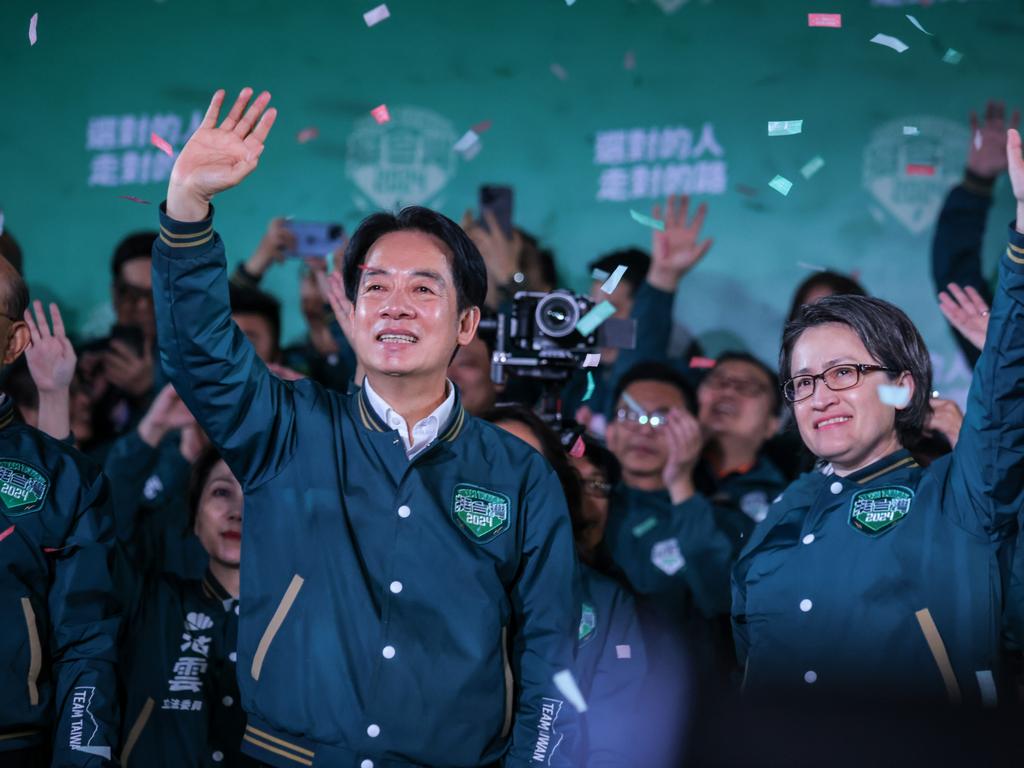


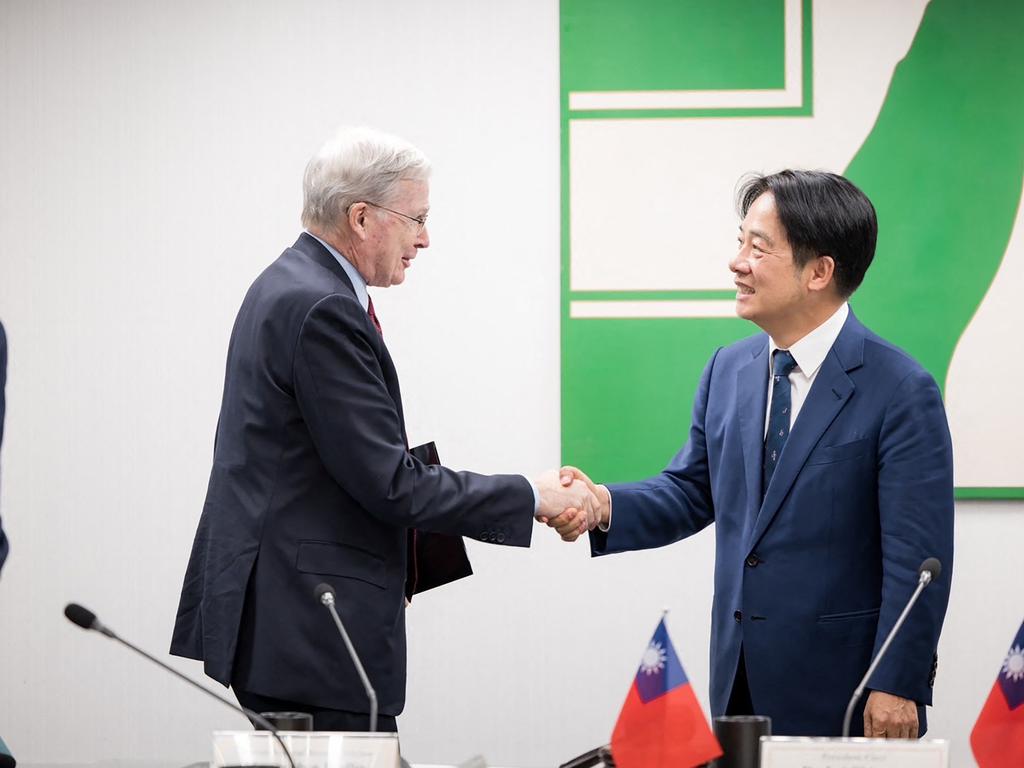
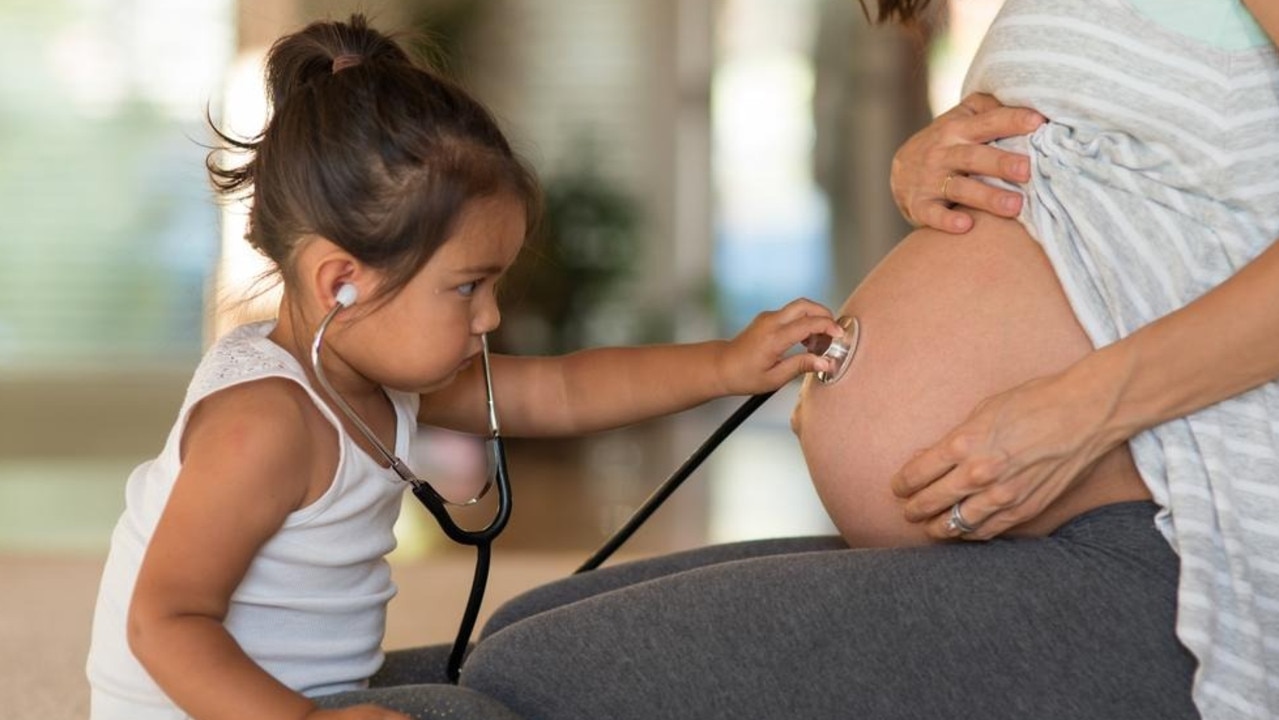
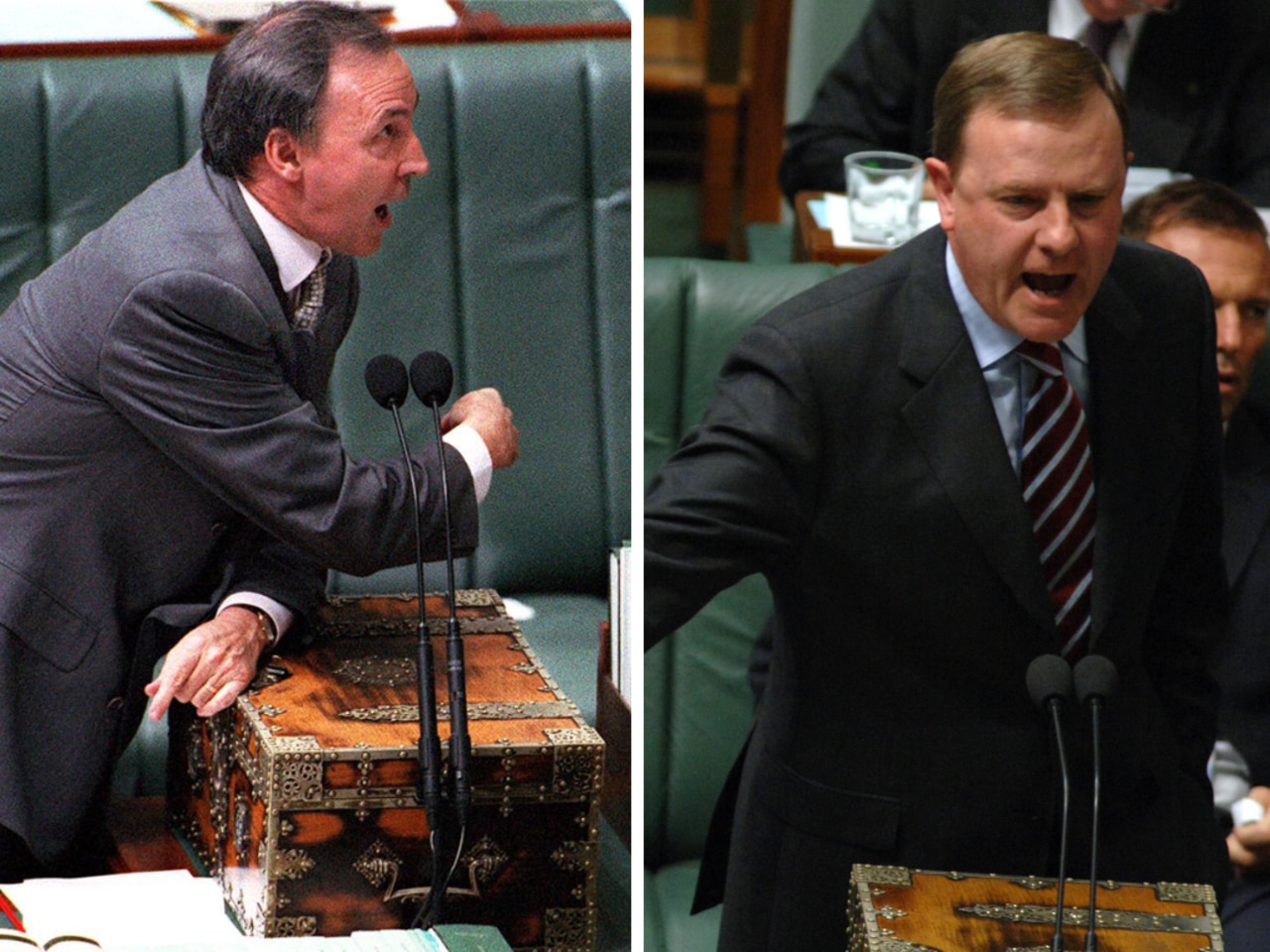
To join the conversation, please log in. Don't have an account? Register
Join the conversation, you are commenting as Logout